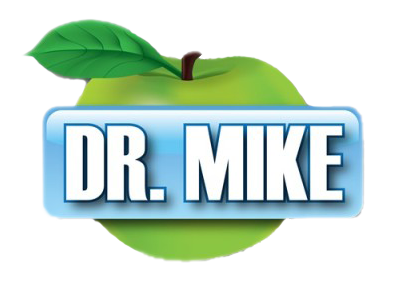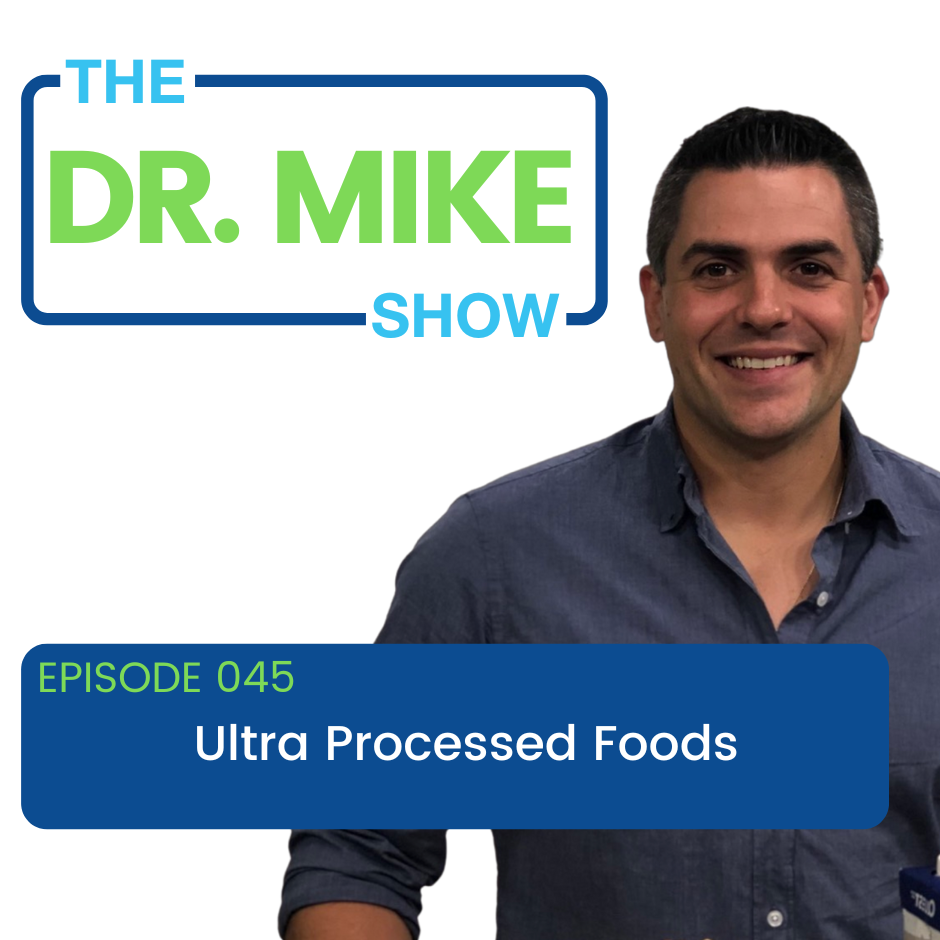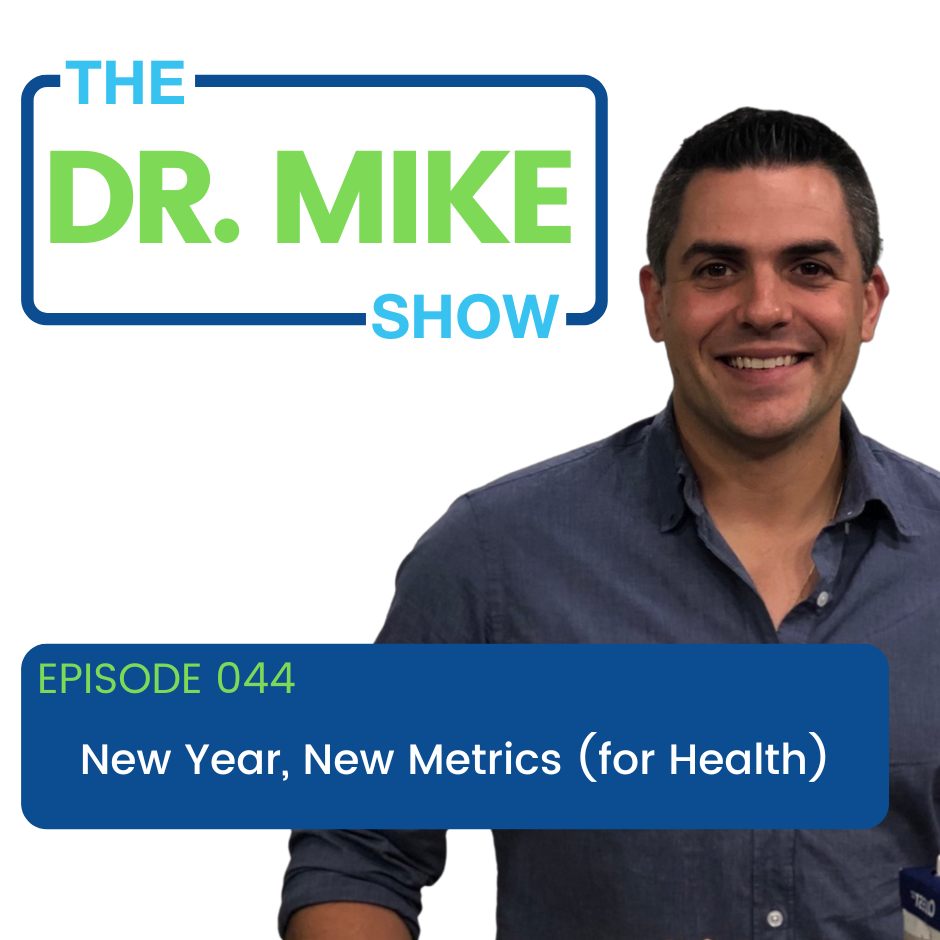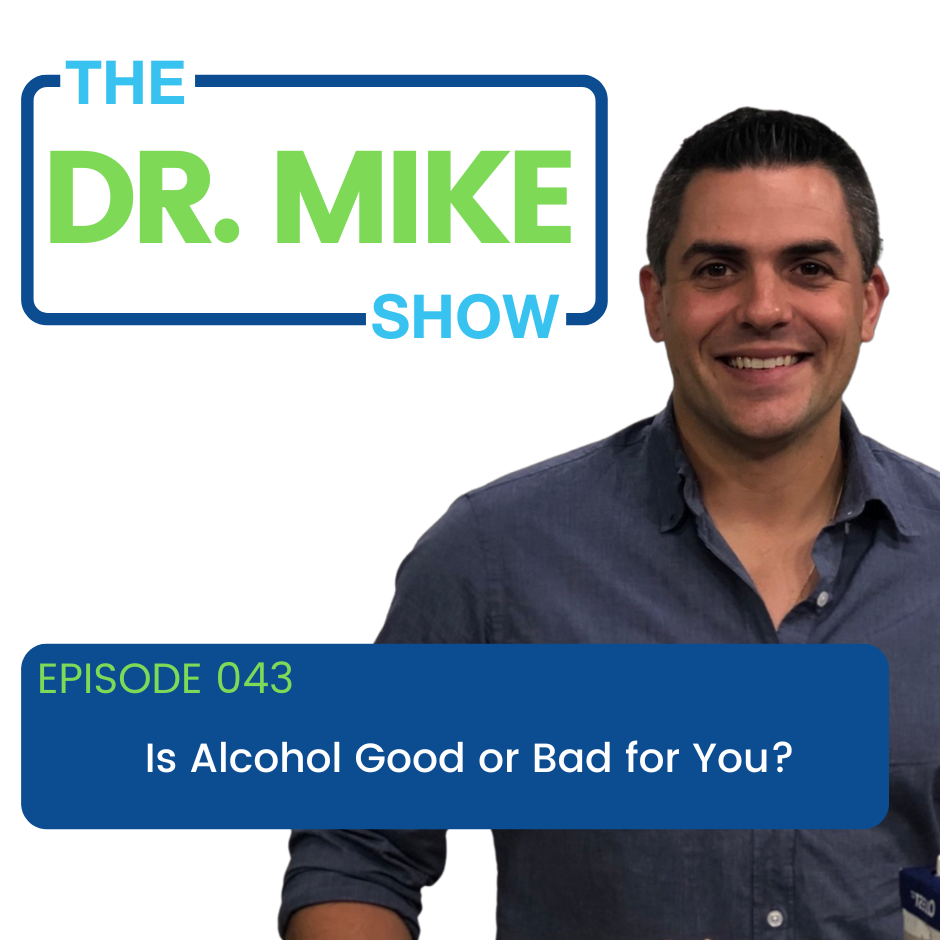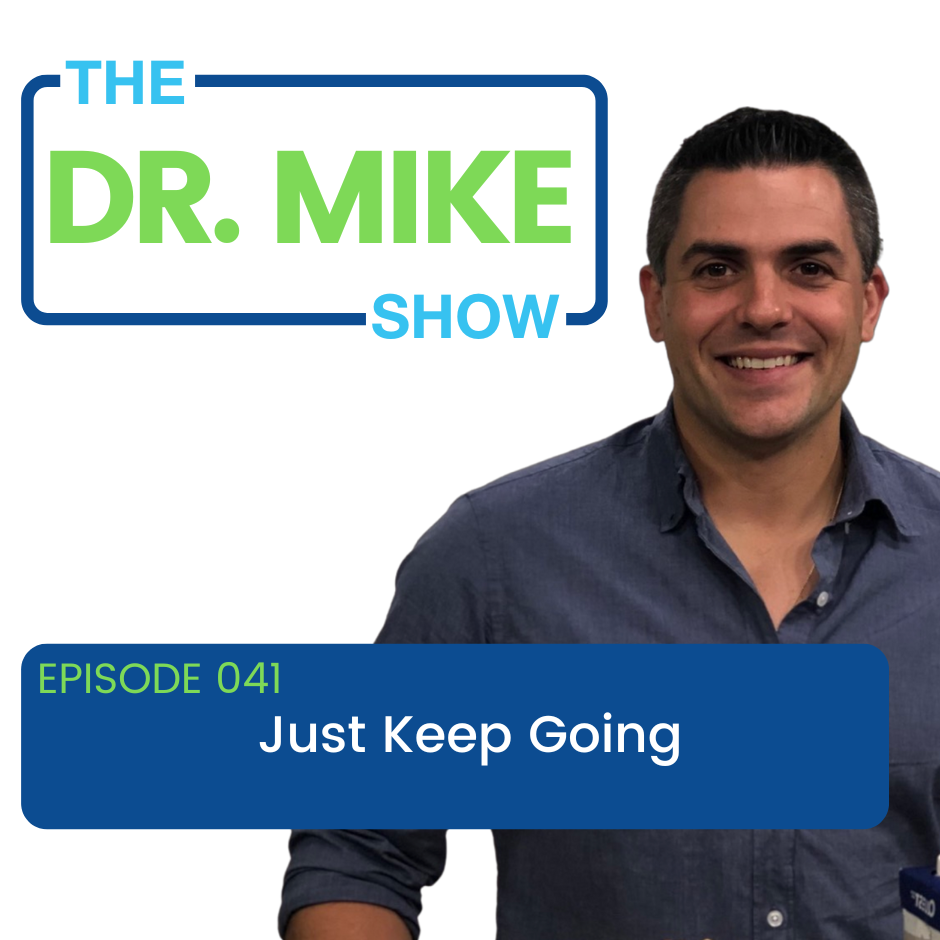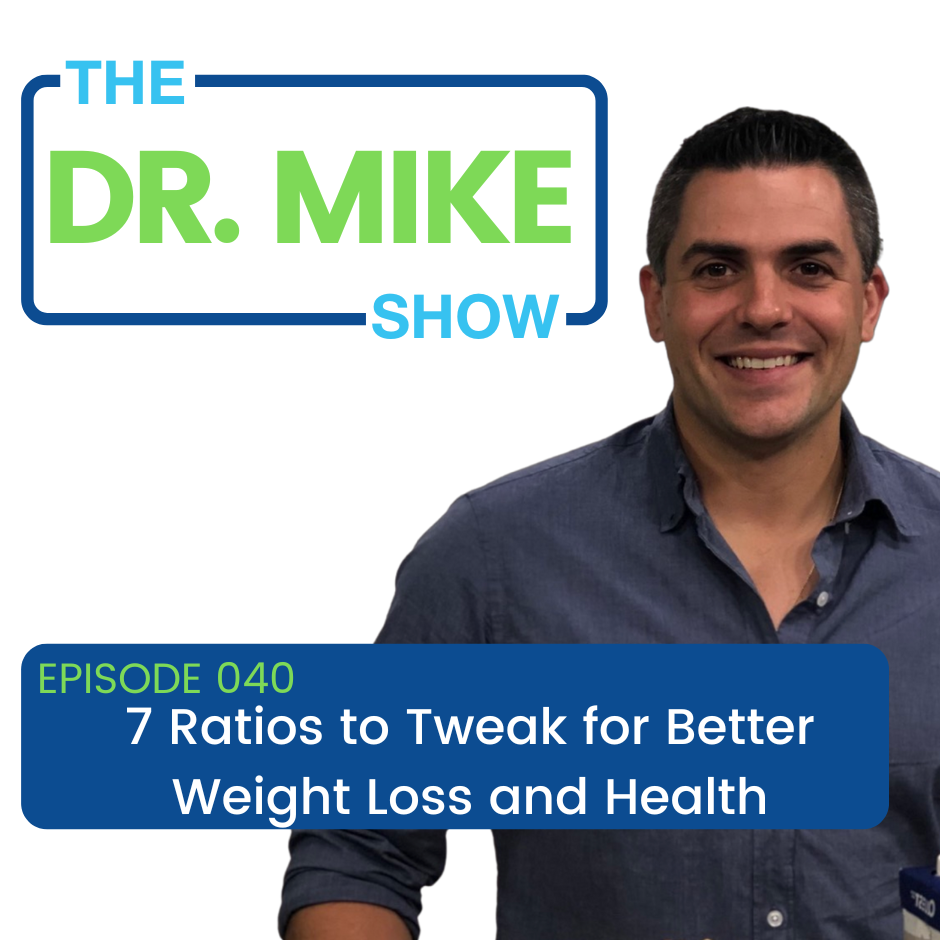
Dietary supplements don’t make big time news very often unless a professional athlete is claiming that a supplement he was taking was tainted with an anabolic steroid or if some misguided reporter is comparing creatine to winstrol. Recently the NBC New program Rock Center ran a story on the once popular stimulant DMAA (unfortunately it was about a year too late). This really brought the DMAA story back to the spotlight and has people asking a lot of questions. Here are the 7 things that you should know about DMAA.
1. DMAA stands for 1,3-Dimethylamylamine and also goes by methylhexanamine. It was thought to be an extract from geraniums (yes the flowers)

The chemical structure of DMAA compared to the structure of amphetamine
2. Recently on Rock Center an FDA official stated that DMAA was illegal. Why? Because the FDA has recently questioned the fact that DMAA is a dietary supplement due to newer research that could not find DMAA in geraniums (meaning that it is not a dietary supplement but a synthetic drug – see point 6 for more on this). The FDA just must move kind of slow as in the Spring of last year they announced that:
Synthetically-produced DMAA is not a dietary ingredient and is not therefore, eligible to be used as an active ingredient in dietary supplements.
3. The scientific research surrounding DMAA is near non-existent. One study in humans showed that when combined with caffeine, DMAA led to increase in systolic and diastolic blood pressure without increasing heart rate (See point 5 for more on this).
4. The Army and Air Force Exchange Service and Navy Exchange stores pulled all products containing DMAA from shelves following the deaths of several soldiers where DMAA was thought to play a role.
5. DMAA is a stimulant. Just as it replaced ephedra as the upper of choice for many people to fuel their workouts, it will be replaced by something else in the near future (if not already as Dendrobium is gaining popularity). It is important to know that with the exception of caffeine most stimulants are not rigorously tested (if at all). There is another added layer of complexity regarding stimulants as most supplement formulations combine stimulants in unknown dosages (not that knowing the dosage would really help as proper dosing of many stimulants is anecdotal at best). This puts us all in uncharted territory with respects to the impact of a compound or formulation of compounds on our body. So tread carefully, always be conservative with stimulant use, and don’t overuse them.
6. DMAA is actually a drug developed by the pharmaceutical company Lily in the mid 1940s for use as a decongestant under the name Forthane. It was re-patented in the early 1970s and removed from the market by the end of that decade.

Forthane (a.k.a. DMAA) highlighted in the “New and Unofficial Remedies” section of the July 29th, 1950 issue of the Journal of the American Medical Association
7. DMAA is really a non-issue now as in the past year most companies reformulated their products, removing DMAA from them. Jack3d and OxyElite Pro were the last mainstream supplements (from what I know) that had versions containing DMAA but 2 days ago they announced they were removing DMAA from those products. USPLabs (the makers of Jack3d and OxyElite Pro) made versions that were DMAA free (e.g. Jack3d Micro) as Bodybuilding.com stopped selling products containing DMAA over a year ago. With 10,000,000 customers, Bodybuilding.com is the big gorilla in supplement sales so if they say they won’t sell products containing certain ingredients (like DMAA), companies reformulate. It seems in this situation that Bodybuilding.com was more effective than the FDA at getting DMAA off the market!
